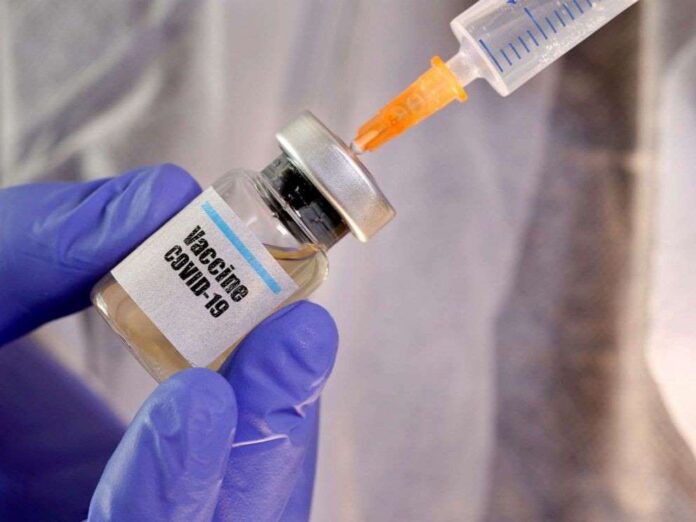
Most Americans may have access to a COVID-19 vaccine by early this spring, one which could potentially immunize them by June, according to Operation Warp Speed’s chief adviser, Dr. Moncef Slaoui.
“It’s not a certainty, but the plan — and I feel pretty confident — should make it such that by June, everybody could have been immunized in the U.S.,” Slaoui told ABC News’ Bob Woodruff Wednesday morning.
President Donald Trump‘s Operation Warp Speed is an effort created to accelerate a vaccine rollout without sacrificing safety. The program has pumped billions of dollars into numerous pharmaceutical companies in hopes of developing one or more safe and effective COVID-19 vaccines. The money is intended to help ramp up development, trials and manufacturing while removing financial risk from the companies, in case the vaccines don’t work out.
Despite the rapid pace of vaccine development, Slaoui said he has not received any improper pressure from the White House to expedite the process beyond what he considers safe.
“I’ve had absolutely no pressure, really, no pressure,” Slaoui said, adding that he would have quit if that were the case. “And I have [always] said, if I get undue pressure, I will say it and I will resign.”
Slaoui said the pharmaceutical companies Moderna and Pfizer are likely to be the first with vaccine candidates to apply for emergency use authorization by the Food and Drug Administration, possibly as soon as November or December. If a vaccine is authorized before the end of the year, Slaoui said approximately 20 to 40 million doses of it will be stockpiled and ready for distribution for a limited population.
“Then we can start immunizing the highest risk people, front-line workers, the health care workers, before the end of the year,” Slaoui told ABC News. “Now, not every one in that population can be immunized in December, but the companies will continue to manufacture and produce vaccine doses — and in January, we plan to have about 60 to 80 million doses of those two vaccines.”
But halting the two late-stage clinical trials may have caused some vaccine skepticism, despite most scientists saying it’s a sign the process is working, and pointing out that many clinical trials are slowed to investigate potential problems before moving on.
Slaoui worries vaccine attitudes may also be influenced by recent politics.
“I think, unfortunately, it’s the politics around it,” Slaoui said. “And I think if these same events were happening two years ago, far away from an election time, I’m sure the same scrutiny would happen, but it would have a different tone to it.”
MORE: Coronavirus updates: Johnson & Johnson pauses vaccine trial
In September, prior to halting these clinical trials, a Gallup Poll indicated that only about half of Americans would take a vaccine if it were free and available now.
The goal of Operation Warp Speed is to have multiple vaccine options available for the American people. Already eight are in human trials. So, Slaoui is encouraging more people to volunteer for ongoing and future COVID-19 vaccine trials.
He visited George Washington University’s Vaccine Research Center — one of the sites of an ongoing Moderna vaccine trial — for a press conference Wednesday morning, and is now urging people to sign up.
MORE: A Black participant in Moderna’s COVID-19 vaccination trial: Trust the vaccine
Slaoui said Moderna has obtained nearly 29,000 volunteers of the 30,000 required to complete their phase 3 study. Like many of the vaccines currently being tested, Moderna’s requires two shots administered a few weeks apart.
Once an independent monitoring board says the data from these late-stage trials is ready to be evaluated, it may take the FDA about three weeks to make its authorization decision.
Source: ABC News
